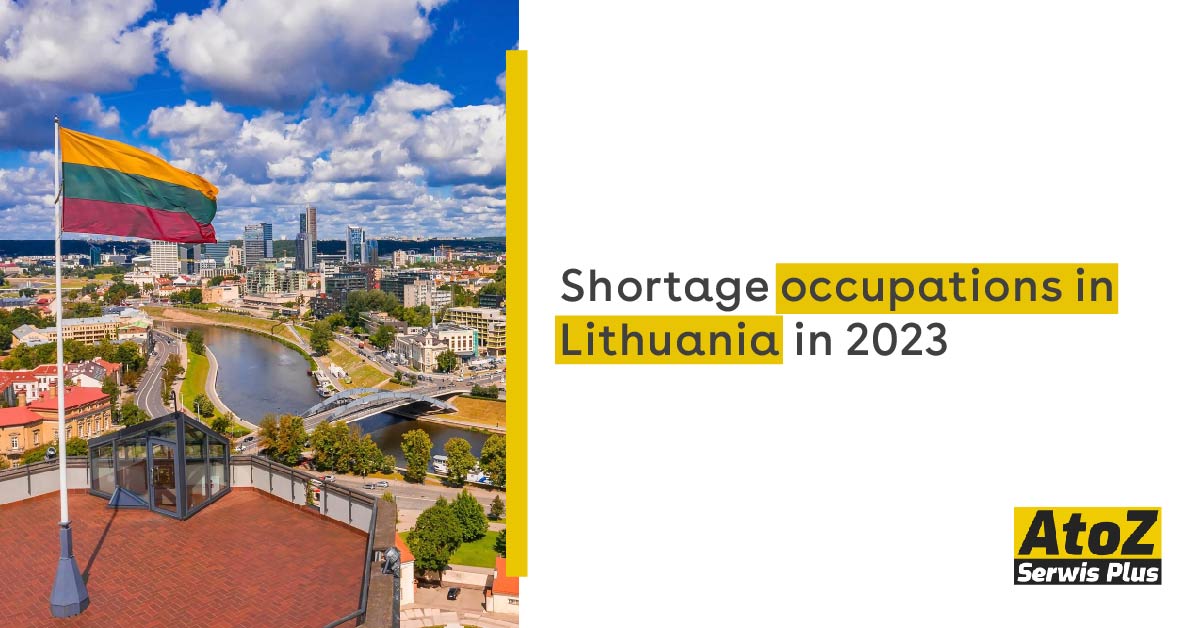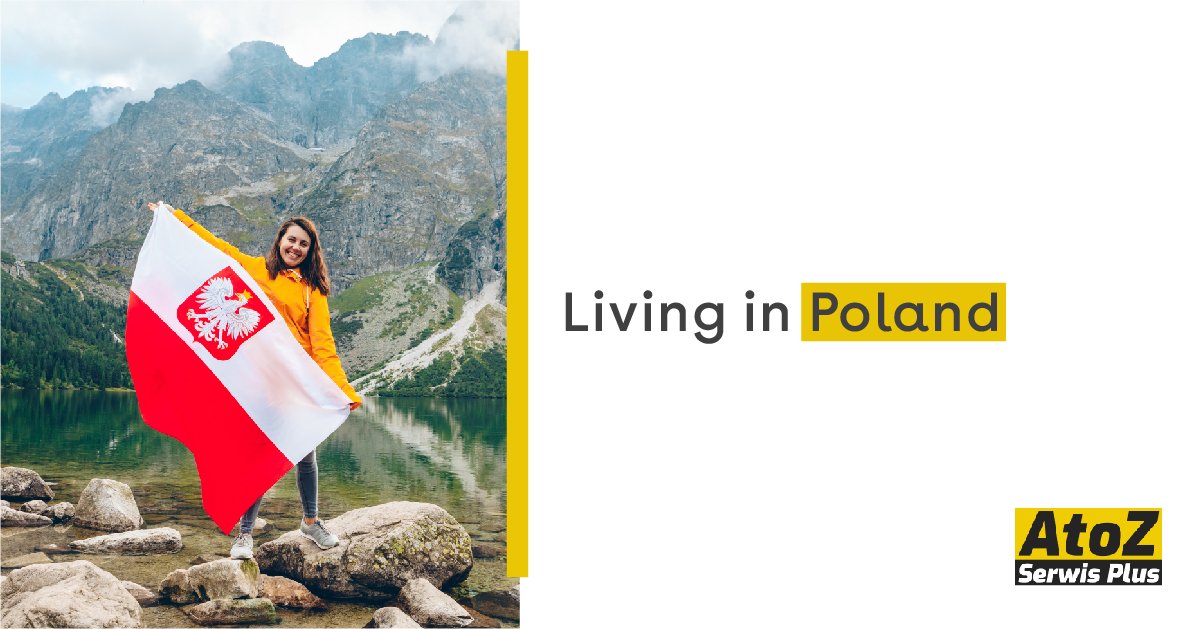

Formalities related to the arrival to Poland
A bright business idea, a tempting opportunity or a simple coincidence – whatever brings you to Poland, you will have to follow not only your heart, but also some rules. Before your permanent move to the centre of Europe, make sure you are familiar with the documents and processes described below.
Having decided to come to Poland, you need to remember about taking a valid travel document and a visa if you come from a country for which the visa obligation has not been abolished. Although entering Poland from the Schengen area country (the Czech Republic, Slovakia or Germany) does not require presenting any proof of identity, it is good to have a travel document on you, for example in case of being detained by the police.
Your travel document may be your passport or identity card. Neither a driving licence nor any other identity proof will be recognised as a travel document.
The obligation to present a visa does not concern the citizens of over 70 countries, which include, e.g. the European Union member states, Israel, the European Free Trade Association countries (Iceland, Liechtenstein, Norway and Switzerland), as well as Brazil, the United States and many other countries.
The European countries whose citizens are obliged to possess a visa when entering Poland include Russia, Belarus and Ukraine.
If you come from Serbia, Montenegro, Moldova or Macedonia, you are not required to have a visa, but it will be necessary to present a biometric passport. A biometric passport is a document that allows on verifying your identity based on biometric data, such as finger prints or retinal scan.
You should remember that based on a travel document, you can stay in Poland without applying for additional permits a maximum of 3 months. If you want to stay in Poland longer, before this period ends, you must obtain a residence permit for a fixed period.
Settling in Poland
To obtain a temporary residence permit, you should provide documented reasons for your living in Poland. Taking up a job or education in Poland, as well as marriage to a Polish citizen, are one of the most common reasons.
A temporary residence permit can be obtained for any period, but not longer than 3 years. The application for temporary residence can be submitted at any time in a Polish consulate at your place of residence or in a voivodeship office in Poland.
If you possess a temporary residence permit, you also receive a residence card, which becomes the official document confirming your identity during your stay in Poland. Thanks to the residence card, you will be allowed to register your residence at a particular address, and you will obtain the PESEL number, which is necessary to perform all the tax activities in Poland. What is more, if you needed a visa to enter Poland, once you get the residence card, you are permitted to leave and enter Poland without a visa.
While carrying out formalities concerning the permit, it is worth asking your employer for help. The majority of them are eager to support their foreign employees while performing official formalities.
You can apply for a permanent residence permit 10 years after you start living in Poland1. Before that, you can stay in Poland only based on temporary residence permits, which you need to renew not less often than every 3 years.
Work permit
If you are a citizen of the EU member state, you do not need to apply for a work permit. When you decide on taking up a job in Poland, you conclude an agreement following the same rules as the Poles do, and you do not need to handle any additional formalities. It is only necessary to remember about obtaining a temporary residence permit.
If you come from Belarus, Russia, Moldova, Georgia, Ukraine or Armenia, you can work in Poland for 3 months based on the employer’s declaration on their will to employ you. It is a simple document that will be submitted by your employer. Only after 3 months of work is the employer obliged to apply for a work permit on your behalf.
If you are not a citizen of the abovementioned countries, you must be aware that in your case, the work permit is an obligatory formality before you start any work in Poland.
The changes implemented in 2014 make it considerably easier to obtain a work permit in Poland. It is the employer hiring a foreigner who deals with gaining a permit so you do not have to be afraid that you will not manage to carry out the necessary formalities. At present, it is possible to obtain one permit for a temporary residence and work or, in case of people who are subject to the visa obligation, a visa with the right to work.
What is more, if you study or are planning to start studying in Poland, you can experience certain conveniences concerning taking up a job. As a full-time student possessing also a residence card, you are allowed to start work in Poland without applying for additional permits.
Although the work permit may seem to be an unpleasant formality, it also brings benefits for a foreigner. The employer applying for a work permit is obliged to include in it the details concerning employment, such as job title and remuneration. The level of salary in the application will guarantee that you will not be offered a lower pay because this would be against the law.
Lost documents
During your stay, your documents may be lost or stolen. It also happens that a travel document expires when you are in a foreign country. If you stay in Poland based on a travel document or a visa, you should go to your country’s consulate or embassy, where they will help you as regards obtaining new documents. In case of losing your residence card, you should immediately apply for a new card in a voivodeship office.
Expiry of a visa
The renewal of a visa is very difficult to obtain. That is why if you decide on staying in Poland, you should apply for the so called residence card, which will allow you to live in Poland legally, before your visa expires.
1People having a refugee status can get a permanent residence permit after 5 years. Besides, a person who is a wife or a husband of Polish citizen can apply for a permanent residence permit after 3 years of marriage.


















